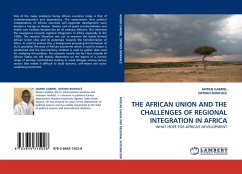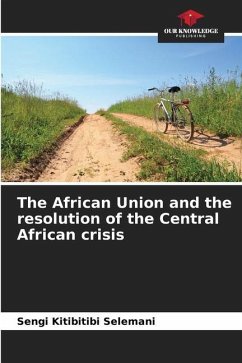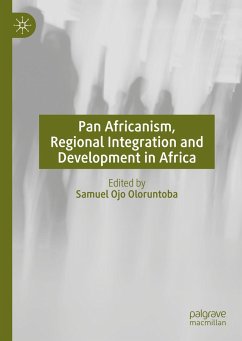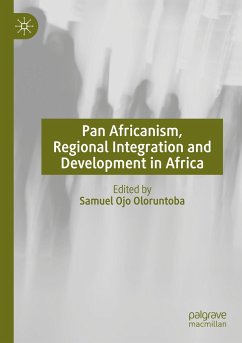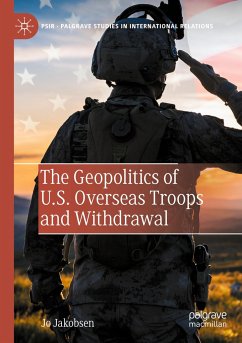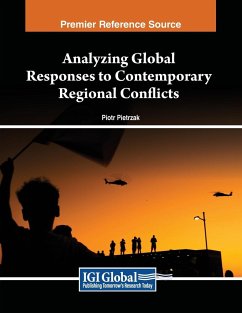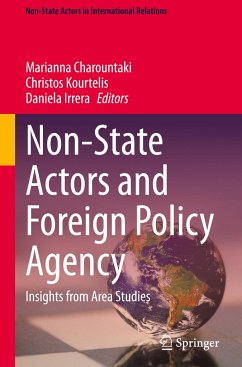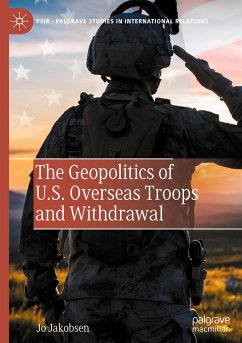
State withdrawal and regional integration dynamics
Comparative trajectory of the cases of Morocco and the UK in the OAU/AU and the EU respectively
Versandkostenfrei!
Versandfertig in 6-10 Tagen
41,99 €
inkl. MwSt.

PAYBACK Punkte
21 °P sammeln!
The withdrawal of a State from a regional integration process can be understood as the reaction of a State due to dissatisfaction with its national interest within a community framework. Although this framework is a process of unification of state interests, it is not irreversible. Indeed, as a framework for living together, the solidity and attractiveness of regional organizations depend on their capacity to guarantee the national interests of the states that constitute them. However, when these organizations are no longer able to guarantee the national interests of certain states, the latter...
The withdrawal of a State from a regional integration process can be understood as the reaction of a State due to dissatisfaction with its national interest within a community framework. Although this framework is a process of unification of state interests, it is not irreversible. Indeed, as a framework for living together, the solidity and attractiveness of regional organizations depend on their capacity to guarantee the national interests of the states that constitute them. However, when these organizations are no longer able to guarantee the national interests of certain states, the latter may decide to defect. This is the case with Morocco's withdrawal from the OAU, driven by a desire to heal the wounds of a tumultuous political and territorial history. It is also the case of the Brexit caused by the dissatisfaction of the national expectations of the British people tired of undergoing the injunctions of Brussels, and which puts pressure on its leaders so that they leave theEuropean Union. Thus, in a contrasting binary comparative approach, the author, in four chapters, gives an account of the crisogenic contexts, stakes, incidences and perspectives of the said withdrawals.



